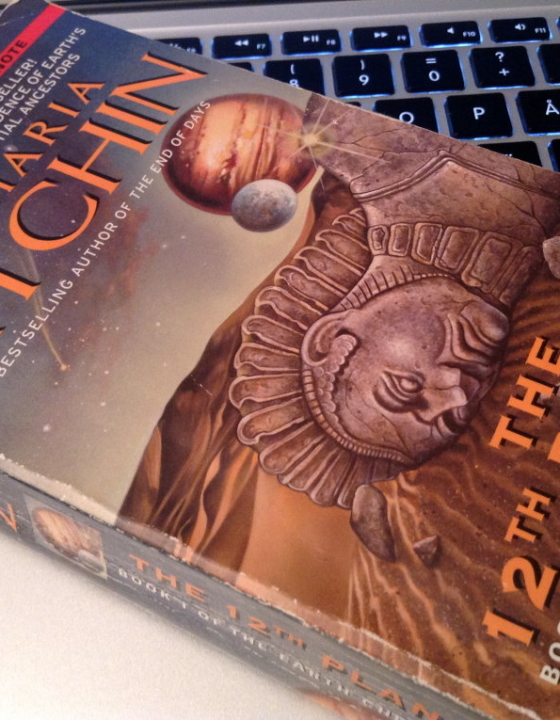Here’s my comparison on the principle of freedom by John Stuart Mill vs. John Rawls. Both are peaceful theories that seek to ensure liberty and justice. But I’ll argue that Mill’s view is longer lasting (universal) compared to that one of Rawls, which I find to be more narrow and specific for a certain time.
John Stuart Mill says that freedom is a basic condition for happiness and thereby he creates his own version of utilitarianism. He means that freedom and the freedom of speech should be totally guaranteed so that they can only be restricted when a restriction can prevent damage on someone, something or anything.
…the only purpose for which power can be rightfully exercised over any member of a civilized community, against his will, is to prevent harm to others.
In that sense he means that a limitation can only be justified in the public sphere according to his utilitarian basics. Mill defends the total right to utter opinions, and that the truth that will eventually apply, will bring happiness that will in itself be viable through indirect utilitarianism. Accepted truths are changed and what is a minority opinion today become an accepted mainstream opinion in the future. In a sense of a total or partial fallibilism. This leads Mill to proceed with the attitude that even wrong or non mainstream opinions should be expressed – because otherwise we’ll end up in an extremely collectivistic consensus that will regress the process of exploring the truth. This collective consensus can in extreme cases let restricted, wrong or hateful opinions to grow beyond the returning point. We see this in Swedish immigration politics, where the problem formulation is created by one party. Whereby the other parties turn their heads and close their eyes for the issues, which leads to an otherwise possible common solution that would have satisfied all the parties isn’t created. In this case a “political freak” is born.
It is better to be a human being dissatisfied than a pig satisfied; better to be Socrates dissatisfied than a fool satisfied.
Mill’s utilitarianism makes a difference on the lower and higher kind of happiness, compared to the more general utilitarian view of happiness. The higher happiness is of the more spiritual and intellectual character while the lower one focuses on the satisfaction of the bodily and trivial. In the sense that a true wisdom gained will always benefit a person to be stable and happy, compared to a temporary sale in a shop. Mill’s utilitarianism is implicitly pro ownership – as in where something is privately managed and inherited it will maintain a sustainable continuity. Which will benefit the products, the value and the people employed. This is according to him the best management model for happiness.
One of the two points in John Rawls original position is the freedom principle. That every human being should have the right to the current freedom and to all the rights totally available. This can be compared to Mill’s striving for the liberty principle as mentioned earlier. Rawls goes on to the second point, the difference principle. A principle that says the least well off should be put above a certain level (of comfort, economy, education). It is here that Rawls and Mill differ in that the later would never approve any (central or government) involvement in someone’s economical failure. Where Mill was an utilitarian who sought to visualize a system for increased happiness compared to unhappiness, Rawls was an egalitarian – who sought equality first and foremost. Freedom is in that sense only of an lexical importance for Rawls – who says that in certain times of necessity we can be okay with limiting our freedom for the purpose of survival or safety. By that which Rawls calls the veil of ignorance he proceeds that humans will make the most rational choice in an uncertain and dangerous situation. The right action according to Rawls is the maximin, meaning to consequently maximize the minimum value. Thus, rational decisions in an uncertain situation should always be embraced so that the worst outcome gets as small as possible. To guard his theory against totalitarian ways to look at it, he puts forth that all decisions should be made on premisses that are public and available to each individual decision maker.
What I find in Rawls view on rationality is a synthetic foundation. Humans are irrational, even if we talk about rational decisions, and maybe on a macro level I can see his philosophy guarantee some sort of safety net and justice. But compared to Mill, Rawls maximin, appears more arbitrary and not essentially focused on protecting the individual freedom. This is becomes evident when Rawls really says that nobody deserves anything you’re born with, anything one inherits or have a natural talent for. I see it very problematic that it is possible to formulate some sort of original position and to make this into a practical use (in courts, in the public, in governing). That is supposedly always at the right judgment to be true for the justification of maximin justice.
Compared to Mill I find Rawls to be more conceptual and like some incitement for contemplation and the development of principle of equality. Mills creates a frame for maintaining the essential freedoms for each individual in a society. Compared to Rawls who first and foremost seeks to create an equal distribution, a distribution philosophy that is always dependent, not only on socioeconomic factors, but also technical premisses. Technological development can make goods less expensive – and lets imagine a future where we have almost free electricity through solar and wind energy, a situation that would give humans more time for other endeavors. In that world and society the only thing that would remain is the gardening of a milieu of freedom for each individual to express their inner being, in their own ways. And we cannot arrive at that scenario if we’re always to adapt after the worst off (specially those who by their own device got there).
Distribution politics are ever changing and in a society where everyone already has an maximin, could change for that maximin to not be enough. In my view it appears as Rawls theories are more bound to a certain time, compared to Mill that leaves us with more long term and universal ideals about freedom and freedom of speech.
That being said, Mill softened towards socialism as he got older. It just goes to show that all these theories in the ocean of political philosophy are waves that are affected by the time we live in. But which ones are focused on fundamental principles, for all ages?







Zacharie Chiron
December 4, 2018Interesting essay, but I’m unsure whether you understand Rawl’s distinction of equality and equity. He is not for strict equality but for fairness.
“And we cannot arrive at that scenario if we’re always to adapt after the worst off” that is your opinion, and not a universal truth, unless you prove it.
Sanjin Đumišić
December 4, 2018Hi! Universal truths don’t exist in the realm of human ideas, which we’re dealing with here. All ideas are in our minds, thus our minds can’t comprehend anything “universal” (whatever you mean by that). I can only represent myself and represent my opinion, as stated in the post. In this blog post (no essay) posted some years ago I laid down some thoughts on the material I read from them. I’m sure you also only have your opinion on the ideas mentioned in the post, please share them. However, I’m unsure you have any understanding of what dead men meant with their words, it’s impossible. Don’t mention “universal” truths, what is your opinion and interpretation? Represent your mind, you can’t represent someone else’s. /All the best